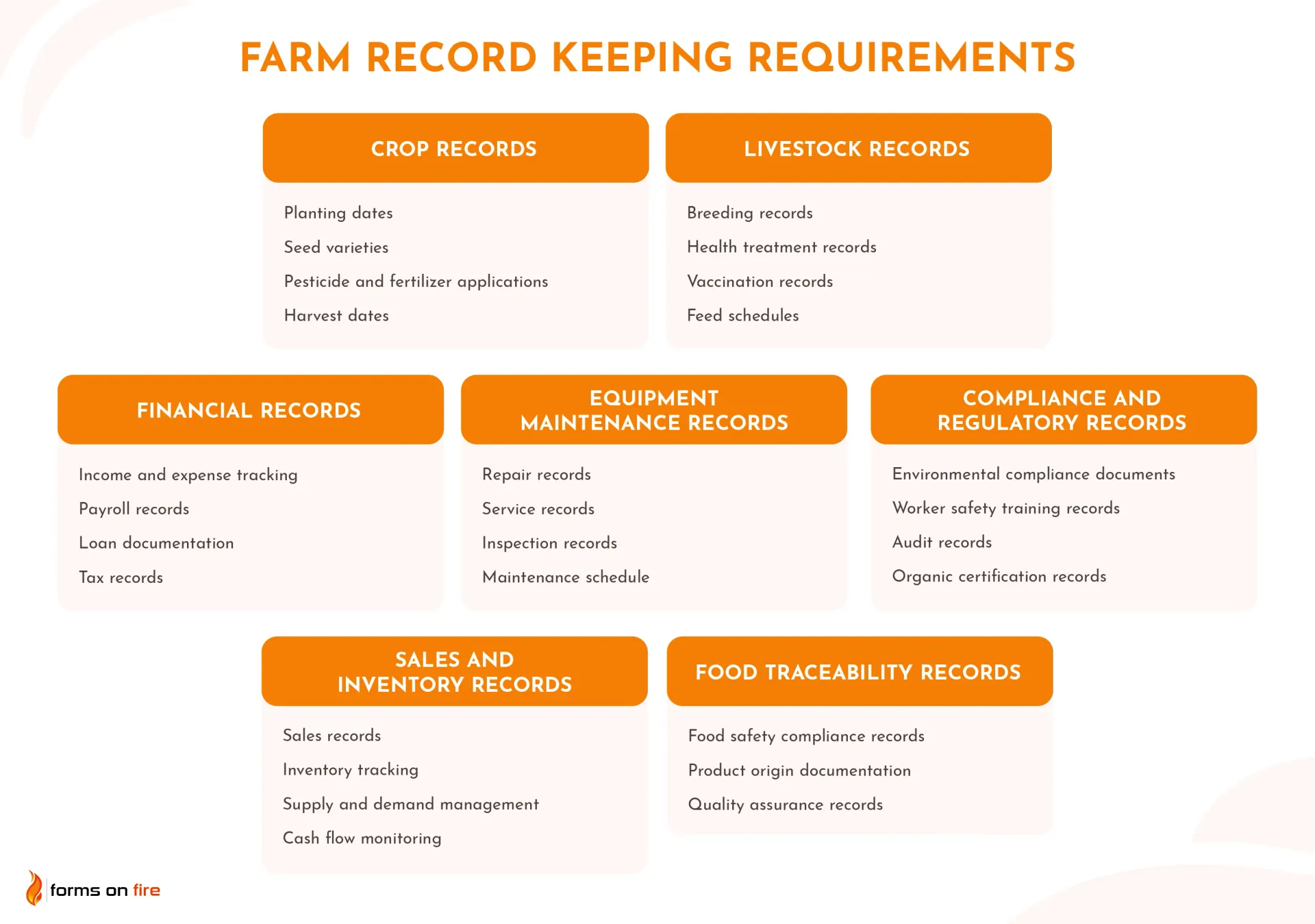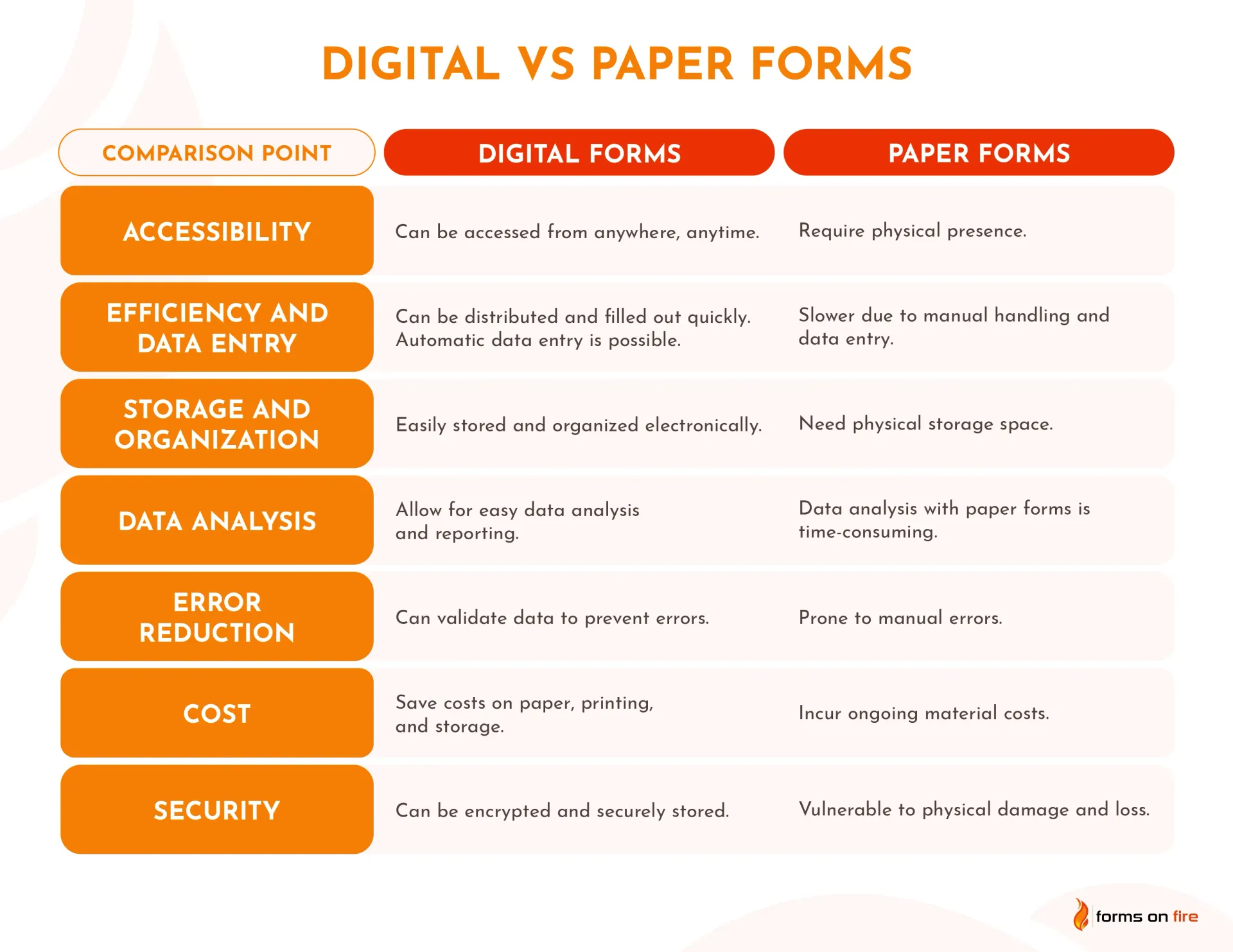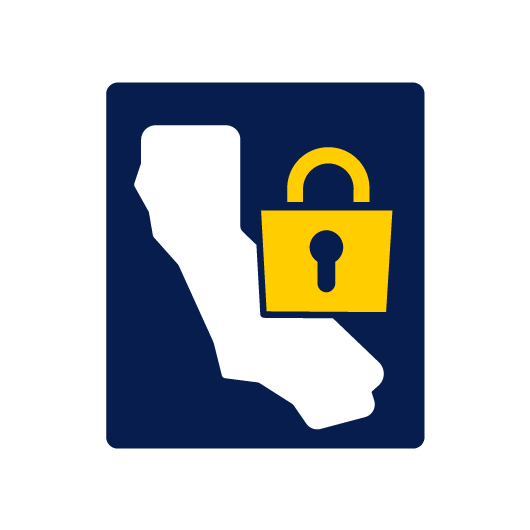Using Software to Simplify Farm Recording Keeping
Accurate record-keeping is an essential part of effective farm management. Whether it's for legal compliance, financial management, or day-to-day operations, keeping detailed records ensures that your farm runs smoothly and stays profitable.
But let's face it: farm record-keeping can be tedious. Sifting through piles of paper or trying to keep track of everything in your head isn't just time-consuming — it’s risky. That's why more and more farmers are turning to software solutions to simplify the process.
In this article, we'll explore what records farmers need to keep, why software beats paper, and how to choose the right tools to streamline your farm operations. Let’s dig in!
What records do farmers need to keep?
Farmers need to keep a variety of records to ensure their operations run efficiently and comply with regulations. The specific records may vary depending on the type of farming and the region.

Here are some common types of records that every farm should have:
- Crop records: These include planting dates, seed varieties, pesticide and fertilizer applications, and harvest dates. Tracking these details helps in analyzing crop performance, planning for future seasons, and ensuring compliance with regulations.
- Livestock records: For those managing livestock, it's essential to maintain records of breeding, health treatments, vaccinations, and feed schedules. This information is crucial for monitoring the health and productivity of your animals.
- Financial records: Keeping accurate financial records is non-negotiable. This includes tracking income and expenses, payroll, loans, and taxes. Detailed financial records help you make informed decisions and are critical for financial planning, securing loans, and filing taxes.
- Equipment maintenance records: Regular maintenance of farm equipment is key to avoiding costly breakdowns. Keeping records of repairs, services, and inspections speeds up troubleshooting and helps you plan and schedule future maintenance work.
- Compliance and regulatory records: Farms have to comply with various local, state, and federal regulations. This could include environmental compliance, worker safety training and audits, and organic certification records. You should have these documents readily available to avoid any penalties.
- Sales and inventory records: Whether you sell crops, livestock, or other products, keeping detailed sales records and tracking inventory is essential. These records help you manage supply and demand, monitor cash flow, and plan for future production.
- Food traceability records: Maintaining detailed food traceability records is critical. These records not only ensure compliance with food safety regulations but also build trust with consumers by proving the quality and origin of your products.
Now that we’ve outlined what should be tracked, let’s look at how you can do it more effectively — starting with a comparison between traditional paper records and modern farm record-keeping software.
Paper records vs farm record-keeping software
When it comes to farm record keeping, many farmers still rely on traditional paper forms and manual processes. While this approach may seem straightforward, it comes with a host of limitations and challenges that can make managing your farm's data more difficult than it needs to be.

Limitations and challenges of paper records:
- Time-consuming: Manually filling out forms and organizing them takes a significant amount of time. For busy farmers and farm managers, this time could be better spent on other critical tasks around the farm.
- Prone to errors: Human error is a common issue with manual record keeping. A simple mistake, like misrecording a date or forgetting to fill out a section, can lead to inaccuracies that affect your decision-making and compliance.
- Easy to lose or damage: Whether it's due to a misplaced folder, a coffee spill, or a natural disaster, once paper records are gone, they are often impossible to recover.
- Difficult to access: Storing records in physical files makes them hard to access quickly. If you need to reference a specific document, you will often waste time digging through stacks of paper and filing cabinets.
Given these challenges, more and more farmers are turning to farm record-keeping software. Here’s why:
- Saves time: Digital record-keeping systems streamline data entry and organization, freeing up time for other important farm tasks.
- Reduces errors: Software often includes validation features that can help catch mistakes, ensuring your records are accurate and complete.
- Easy access and backup: Digital records can be easily accessed from anywhere, anytime. Plus, they can be backed up automatically, reducing the risk of losing important information.
- Simplifies compliance: Many farm record-keeping apps are designed to help you stay compliant with regulations by automatically organizing and storing the required information in one place.
- Real-time data: Software can provide real-time data updates, helping you make informed decisions quickly. This is particularly useful for tracking financials, inventory, or equipment maintenance schedules.
- Simplifies reporting: Software makes it easy to generate reports for various purposes, such as financial statements, regulatory compliance, and operational analysis. This can save you significant time and effort when you need to share information with stakeholders or authorities.
While paper records have their place, especially in areas with limited access to technology, the advantages of using software for farm record keeping are hard to ignore.
And considering how inexpensive many of the tools are, even small farming operations have little excuse not to look into these digital solutions.
What to look for in a modern farm record-keeping app
Choosing the right farm record-keeping app can make a world of difference in how you manage your farm's operations. However, it’s important to focus on the features and characteristics that will best support your workflow and needs.
Consider the following when choosing a digital solution for farm record-keeping:
- Ease of use: The software should be intuitive and easy to navigate. Farming is demanding enough without having to struggle with complex software. Look for an app that offers a simple interface, clear instructions, and minimal learning curve.
- Mobile accessibility: Whether you’re in the field, barn, or office, having a mobile app that works seamlessly on your smartphone or tablet ensures that you can check and update records in real time, no matter where you are.
- Offline functionality: Farms aren’t always within reach of a reliable internet connection. A good farm record-keeping app should allow you to work offline and sync your data once you’re back online, ensuring you don’t lose any critical information.
- Customizability: Every farm is unique, and your record-keeping needs may differ from others. Look for software that allows you to customize forms, fields, and reports to match your specific workflow.
- Integration with other tools: Your record-keeping app should be able to integrate with other systems you use, such as accounting software, GPS tools, or farm management platforms. This ensures that all your data flows seamlessly between systems, avoiding data silos and duplicate data entry.
- Data security: The software you choose offers strong security features, such as data encryption and regular backups. A good rule of thumb is to look for solutions that have SOC type 2 certification.
- Compliance features: If you need to meet specific regulatory requirements, choose software that helps you stay compliant by automatically organizing and storing necessary records.
- Customer support and training: No matter how user-friendly the app is, having access to reliable customer support and training resources is important. Look for a provider that offers tutorials, live support, and regular updates.
- Cost and scalability: Finally, consider the cost of the software and whether it fits within your budget. It’s also worth considering whether the app can grow with your farm — look for scalable options that allow you to add more features or users as your farm expands.
By focusing on these key features, you can find a farm record-keeping app that not only meets your current needs but also supports your farm's growth and success in the long term.
In the next section, we’ll introduce you to a tool that ticks all these boxes: Forms On Fire.
Build digital farm record-keeping forms with Forms On Fire
Forms On Fire is a mobile-first form builder and data collection platform that allows you to create customized digital forms to manage every aspect of your farm's operations.
Here’s what Forms On Fire offers:
- Customizable forms: Whether you need to create simple forms for tracking daily activities or complex systems for managing all aspects of your farm, Forms On Fire has you covered. You can build forms tailored to your specific needs, including crop monitoring, livestock health records, inspection checklists, equipment maintenance logs, and many more.
- Mobile and offline capabilities: Forms On Fire is designed with mobility in mind. You can collect and access data from your smartphone or tablet, even when you’re out in the field with no internet connection. The app will sync your data as soon as you’re back online, ensuring that your records are always up to date.
- Ease of ease: The platform is user-friendly and requires no coding skills to create forms. You can drag and drop elements, customize fields, and set up workflows with just a few clicks.
- Integration and reporting: Forms On Fire integrates seamlessly with other tools you might already be using, such as Excel, Google Sheets, and accounting software. It also offers robust reporting features, allowing you to generate custom reports and analyze your farm’s performance effortlessly.
- Compliance and security: The platform helps you stay compliant with regulations by securely storing all your records and making them easily accessible for audits or inspections. Data encryption and regular backups ensure that your information is always protected.
Here’s how Cal-Maine Foods doubled its data collection and analysis efficiency by leveraging a customized Forms On Fire mobile app.
Whether you need to create a few digital forms or a comprehensive farm management solution, Forms On Fire will get you where you want to be.
Schedule a quick demo to get a personalized product walkthrough and see how you can leverage our platform to streamline farm record-keeping.




